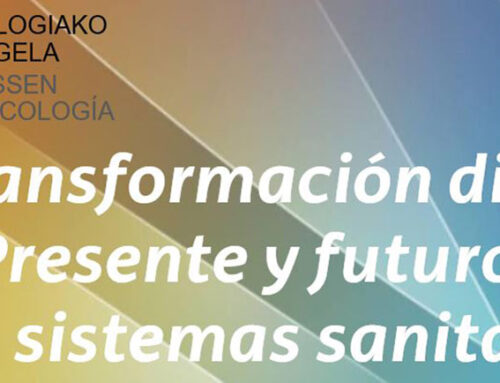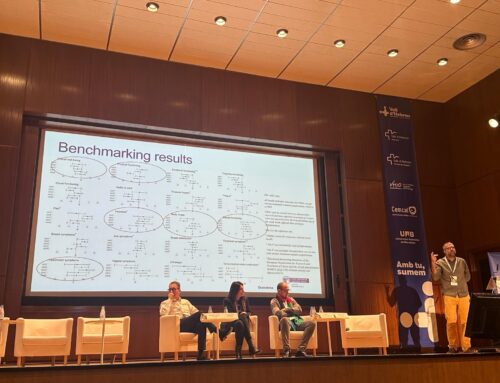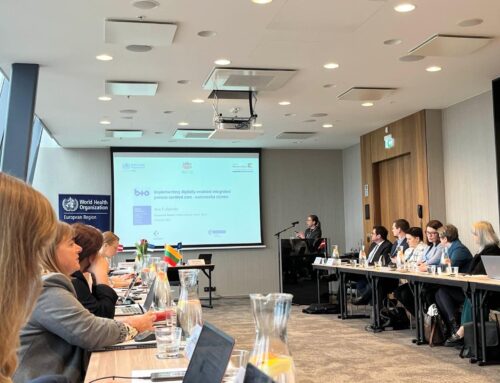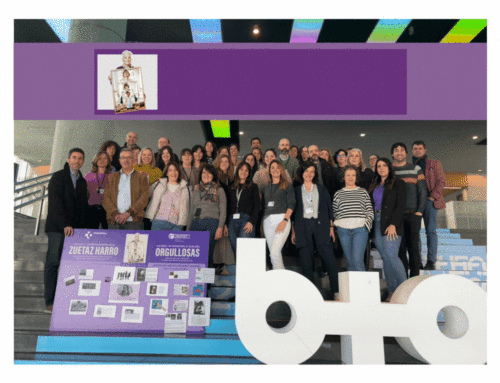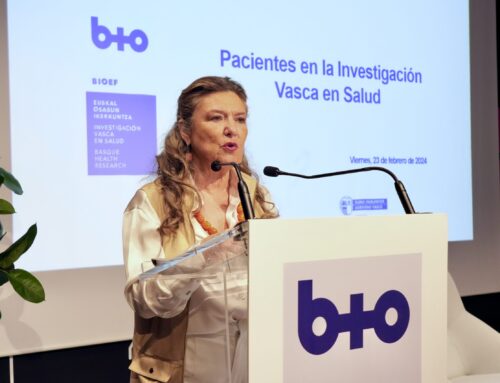The workshops, conducted in an online format, were attended by more than 100 participants from seven European countries.
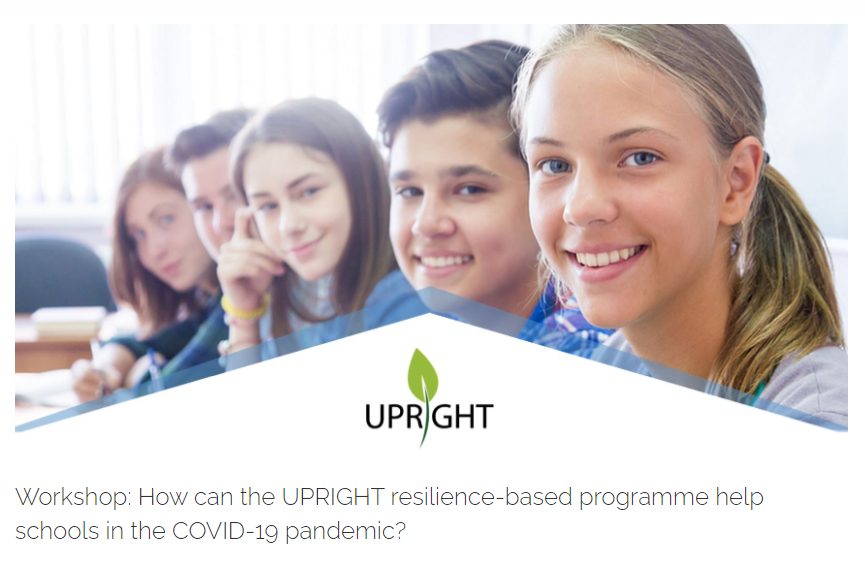 COVID-19 has resulted in school closures, quarantines and general social distancing measures to cope with the situation. It has also highlighted the importance of learning resilience-based skills. In this sense, schools in general have shown the interest and need for educational materials related to coping skills to offer and work with their students. On the other hand, the role of mothers, fathers or guardians has gained relevance, and their involvement has been crucial on many occasions in helping adolescents to cope with certain situations produced by COVID-19.
COVID-19 has resulted in school closures, quarantines and general social distancing measures to cope with the situation. It has also highlighted the importance of learning resilience-based skills. In this sense, schools in general have shown the interest and need for educational materials related to coping skills to offer and work with their students. On the other hand, the role of mothers, fathers or guardians has gained relevance, and their involvement has been crucial on many occasions in helping adolescents to cope with certain situations produced by COVID-19.
Under the title “How can the resilience-based UPRIGHT programme help schools in the COVID-19 pandemic”, the European UPRIGHT project has organised two workshops with the aim of showing how UPRIGHT has helped schools participating in the intervention to cope with the challenges produced by COVID-19. The workshops have shared how the resilience-promoting skills included in the UPRIGHT programme (self-efficacy, social and emotional learning, mindfulness or efficacy), can be useful tools to cope, adapt or recover from the stress caused by the pandemic, and also help to maintain a positive mental health.
We would like to highlight the contribution of Sara Brazys, responsible for programmes and policies at the European Commission. In her speech, she pointed out that mental health problems are increasing in society and are becoming a global challenge throughout life. Brazys stressed that the European Commission has earmarked budget to promote research related to mental health and well-being of young people. The Commission also wants to help Member States to develop mental health reforms through the scaling up of good practices or knowledge transfer between regions. For the European Commission, COVID-19 has had an impact on youth, but it has also opened up an opportunity to improve public mental health and mitigate mental health inequalities in this population.
The workshops were attended by an average of 100 participants from seven countries. The discussion part organised among the participants, in which they were divided and grouped into groups (based on country and language) has allowed for the sharing of the learning acquired in the educational context during COVID-19. Some of the conclusions drawn from these discussions are:
– The adaptation of schools towards new ways of teaching, towards interactive and online teaching, has been key in coping with the pandemic.
– The role of teachers is expanding, their connection with families is improving, but there is a need for more support for their needs.
– The involvement of families is important and it must also be ensured that they are supported. Their role has changed and they are becoming more involved in their children’s education. The UPRIGHT platform can be the key to increase the involvement of families, as it offers educational material and exercises to put knowledge into practice.
– Young people have to learn to find their own solutions, to learn to cope with difficulties. UPRIGHT also teaches them to understand these skills from their experience.
– There is still a long way to go, we need to keep learning and discovering how we can increase the resilience and well-being of adolescents.
– There are things that have been better during the COVID-19 pandemic. That is, some teachers felt that their students felt better during the pandemic; they had more time with their families, the school days were shorter and there were fewer students in the groups together.
If you want to know more about the UPRIGHT programme and keep up to date with all the activities carried out in the project, visit its official website: www.uprightproject.eu or follow it on @Uprightproject1.

